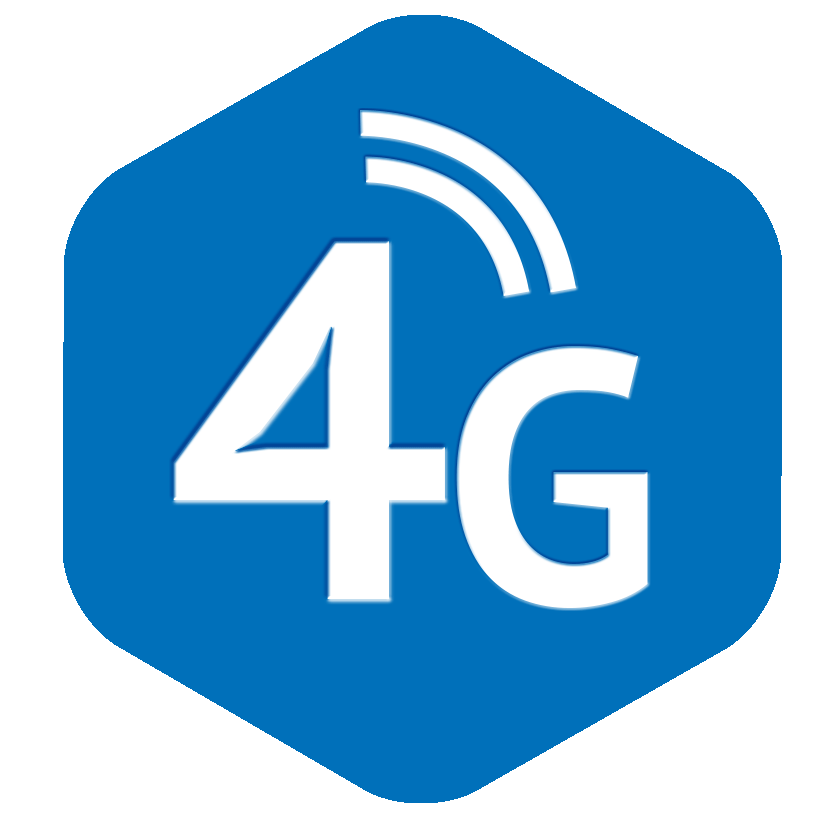

4G vs 5G Networks: A Comparison
The transition from 4G to 5G networks marks a significant leap in mobile technology, offering users faster speeds, lower latency, and enhanced connectivity. Let’s break down the key differences and advantages each network provides.
1. Speed
One of the most notable improvements in 5G over 4G is speed. While 4G networks offer download speeds ranging from 100 Mbps to 1 Gbps under optimal conditions, 5G promises to deliver speeds up to 10 Gbps or more. This massive increase in speed allows for quicker downloads, seamless video streaming, and smooth browsing.
2. Latency
Latency, the time it takes for data to travel between devices, is significantly reduced in 5G. 4G networks generally have a latency of about 30-50 milliseconds, whereas 5G can bring this down to as low as 1 millisecond. This is particularly important for applications like real-time gaming, augmented reality (AR), and autonomous vehicles, where quick response times are crucial.
3. Capacity and Connectivity
4G networks can struggle with high user demand, especially in densely populated areas, leading to slower speeds and congestion. 5G, on the other hand, can handle far more devices connected simultaneously. This improved capacity ensures a more reliable connection even in crowded places, making it ideal for smart cities and the growing Internet of Things (IoT).
4. Use Cases
While 4G supports everyday mobile activities such as web browsing, video calls, and social media, 5G opens the door to more advanced technologies. Its ultra-fast speeds and low latency enable innovations like remote surgeries, autonomous driving, and industrial automation, transforming industries far beyond telecommunications.
5. Network Infrastructure
5G requires more infrastructure compared to 4G. While 4G relies on larger, widely spaced towers, 5G uses smaller, more closely packed cells to transmit signals. This dense network of cells is key to delivering the faster speeds and lower latency of 5G, but it also requires significant investment in infrastructure, especially in urban areas.
Conclusion
While 4G remains a reliable network for most current applications, 5G is paving the way for a new era of connectivity. With faster speeds, lower latency, and the ability to handle more devices, 5G will support the technologies of tomorrow, changing how we live, work, and interact with the digital world. However, widespread 5G adoption will take time as infrastructure continues to develop. For now, both networks will likely coexist, each serving its unique purpose. However, as we are aware most area and community nevertheless have the poor signal challenge. in this case you will require a cell phones signal booster.
A signal booster can significantly improve 4G and 5G connectivity by amplifying weak cell phones signals and extending their reach.



